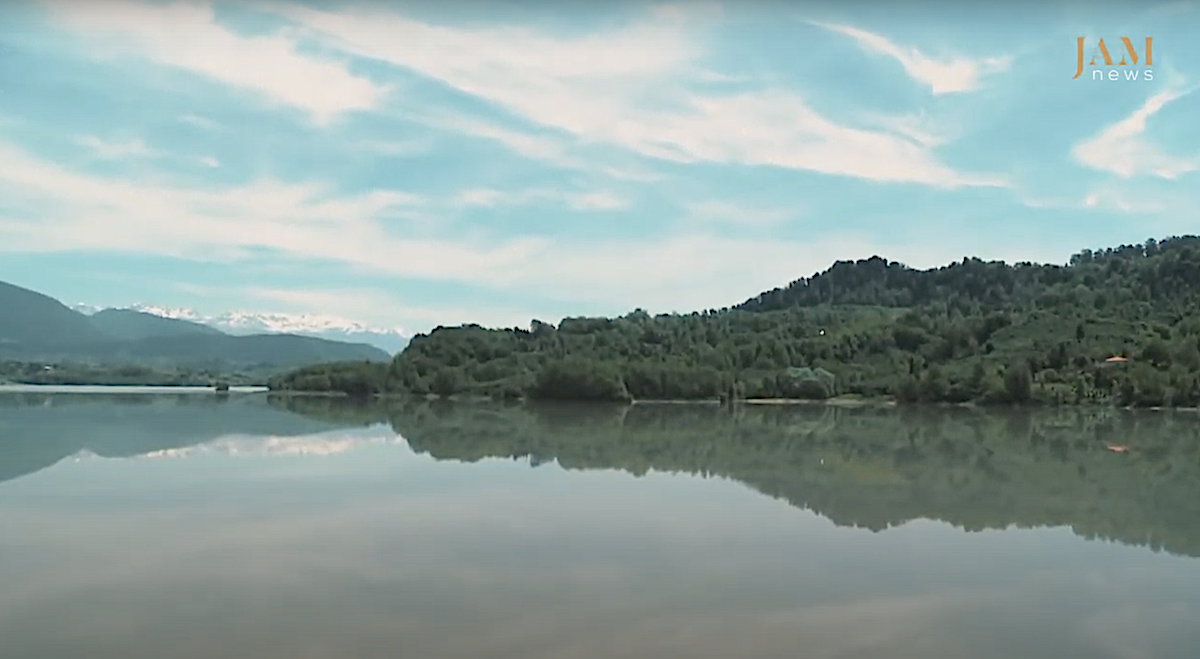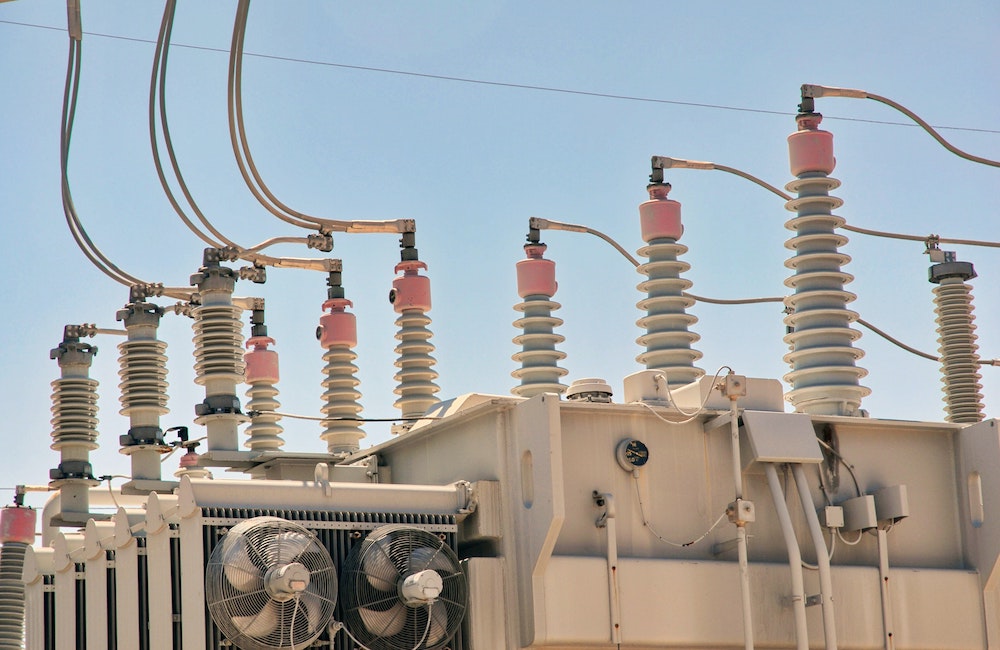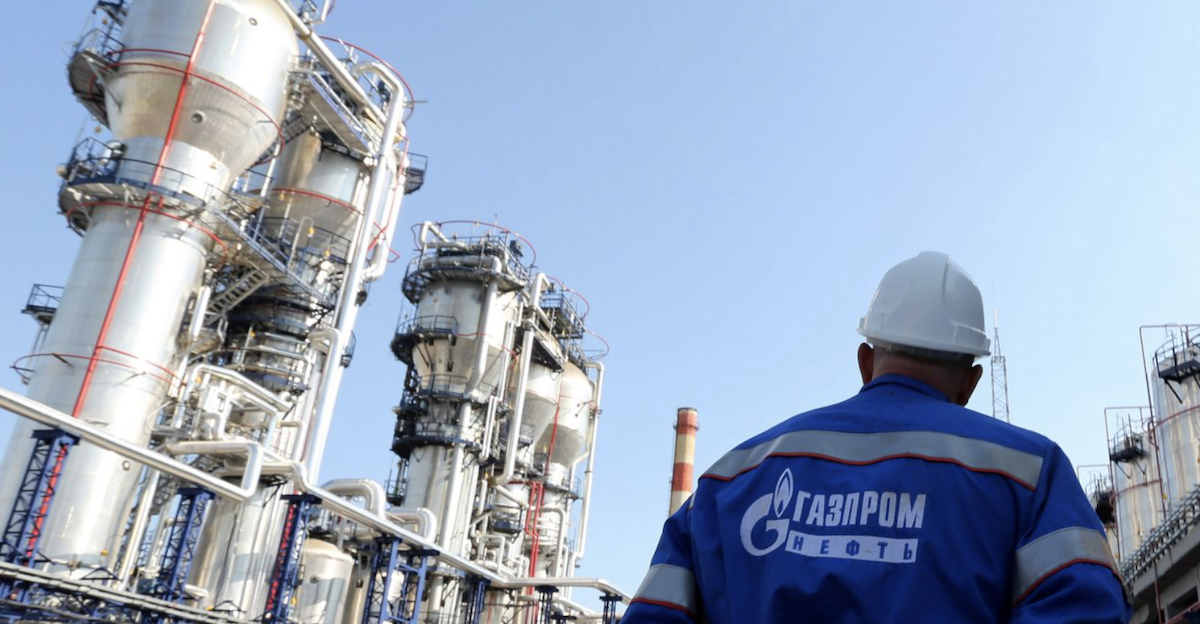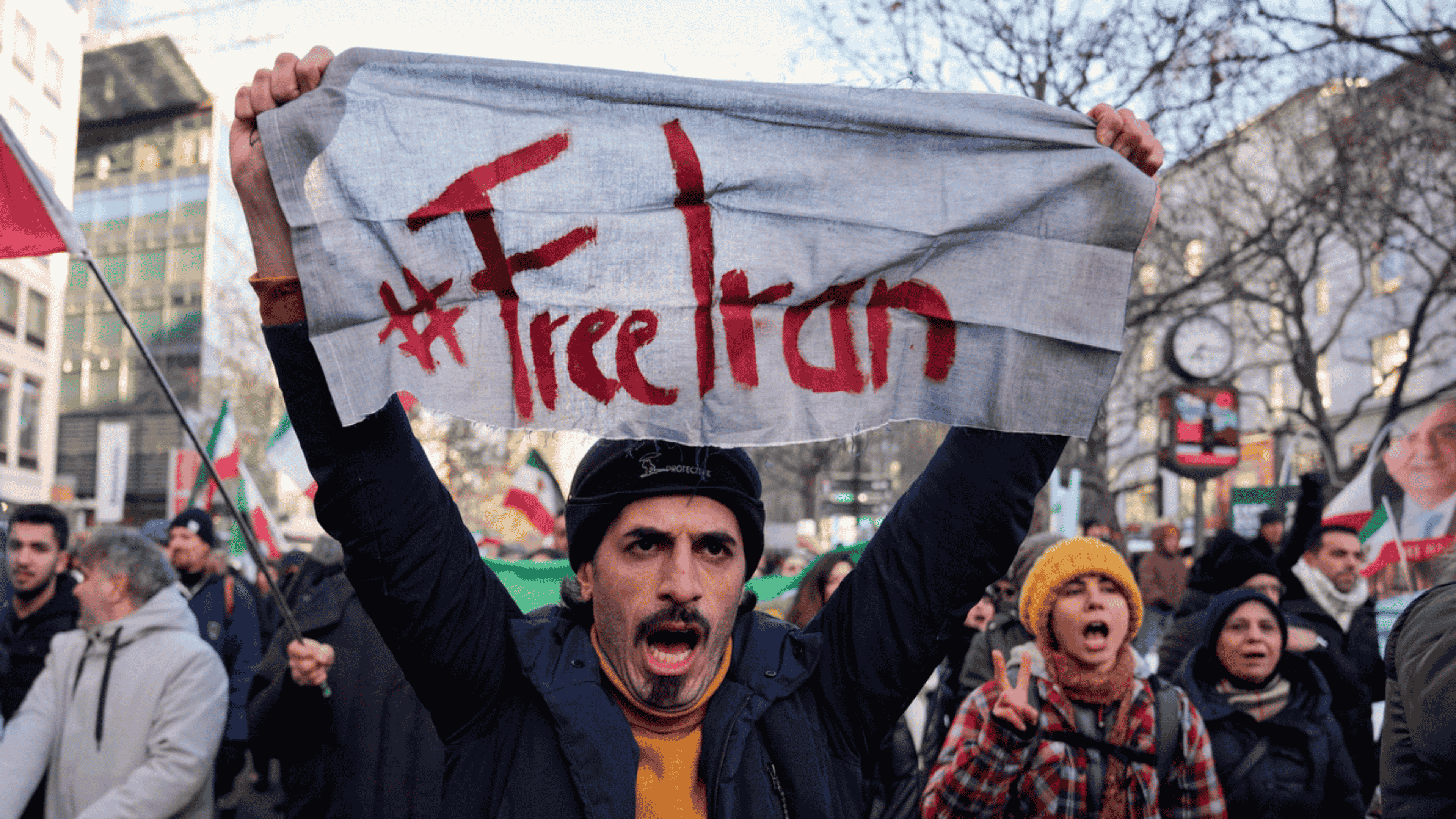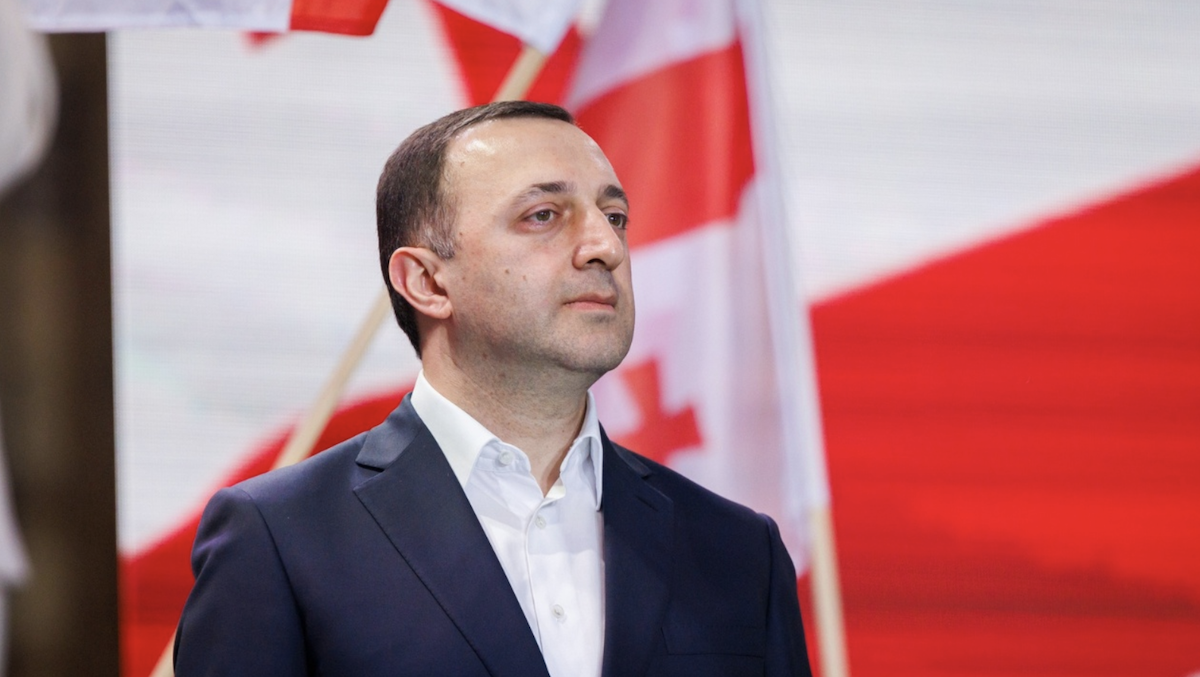Energy crisis in Abkhazia: the role of crypto-mining
Crypto-mining in Abkhazia
Crypto-mining in Abkhazia is considered one of the main causes of the energy crisis in Abkhazia plaguing it for years.. After an unsuccessful experiment with legalization, the authorities still have not gotten it under control, and are again on the warpath against miners.
Useless “fan”
From February 6 to February 26, the Abkhaz security forces found and seized more than a thousand devices for mining crypto-currencies. The last to be discovered was a large mining farm with 171 machines located in a car repair shop in Sukhum, not far from the building of the Chernomorenergo energy company.
- Camel blanket and home circus – how Abkhazians are experiencing “dark times”
- Scandal over possible theft in public procurement in Abkhazia
The fight against crypto-miners in Abkhazia began in February of this year, when it became clear that neither the supply of electricity from Russia nor the resources of the Ingur hydroelectric power station would be enough to provide the population with electricity. Rolling blackouts have slightly reduced electricity consumption, but saccording to the Ministry of Economy, electricity consumption still exceeds the allowable limit.
The limit is set by the Russian Federation for Abkhazia. In January 2023 Abkhazia was provided nominally allotted a supply of 250 million kilowatt hours, but the republic used much more. The average daily consumption was 11 million kilowatt hours per day. In February, as cold set in and people began to use even more electricity for heating, consumption of course went even higher.
“I never thought about buying a [voltage] stabilizer. We always had good tension. But this year the washing machine stopped working, and the stove barely worked. I had to buy a five-watt stabilizer and connect household appliances through it in order to live,” Galina Vartagava, a resident of Sukhum, says.
In face of this, the government decided to crack down on crypto-mining. Although mining is officially prohibited in Abkhazia, it hasn’t stopped crypto-miners who got a taste during its short legalization.
Shadow boxing with miners
On February 6, by order of the President of Abkhazia, Aslan Bzhaniya, the Republican Headquarters was created to combat the illegal mining of cryptocurrencies, headed by Prime Minister Alexander Ankvab.
But the population perceives this struggle with skepticism, believing that the authorities already know the large crypto-farmers very well, but don’t actually want to dismantle them.
“I have had my device since 2021. I bought it when mining was legalized in Abkhazia. I thought to try and then expand. While I was doing that, mining was banned. But I continued to mine, especially since the device consumes no more than an oil heater,” says one miner on condition of anonymity.
In this way he earned money for a vacation with his family — at the peak of the dollar, he changed all his cryptocurrency to rubles and went on vacation. Today he has another a new device and, according to the young man, he is not going to lay down his arms:
“I don’t consider myself a criminal. I pay for things. I have a small apartment, but I could have a large house with warm floors, and I would consume more than with this device. So until they are caught and taken away, I will keep mining.”
Almost everyone in the republic adheres to the same logic with various justifications. And absolutely everyone believes that raising the tariff for electricity is the wrong decision.
Energy and investors
The opposition also considers it wrong. For example, MP Kan Kvarchia said that the increase in the cost of electricity is an attempt by the authorities to make the energy sector attractive to investors.
“They write down on paper how many subscribers they have, how much they will pay, multiply it and show Russian businessmen that it’s profitable. But in fact, even half of our population does not pay and will not pay,” Kvarchia says, calling the government’s attempt to secure a loan of 1.5 billion rubles [about $20 million] for the purchase and installation of electricity meters a scam.
In January 2023 a record low amount for electricity was collected from the population — 10 million rubles [about $132,000].
In January, Abkhazia received 250 million kilowatt-hours, in February 190 million, with the March total unknown. But President Bzhaniya repeats that if the republic runs over limit ahead of schedule, it may be left without replenishment from the Russian Federation in summer. And because repair of the Achgur high-voltage line is being delayed for another two months, the problem is growing more acute.
Crypto-mining in Abkhazia
Toponyms, terminology, views and opinions expressed by the author are theirs alone and do not necessarily reflect the views and opinions of JAMnews or any employees thereof. JAMnews reserves the right to delete comments it considers to be offensive, inflammatory, threatening or otherwise unacceptable










